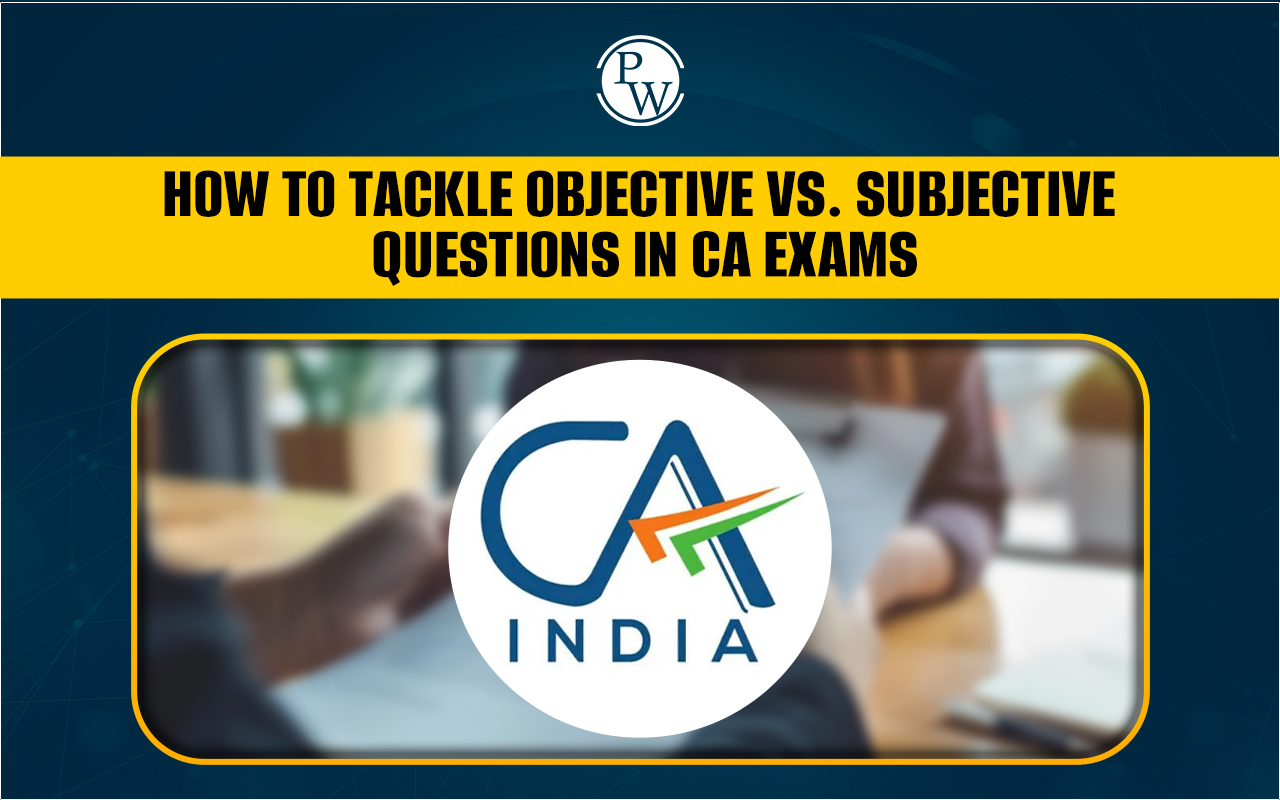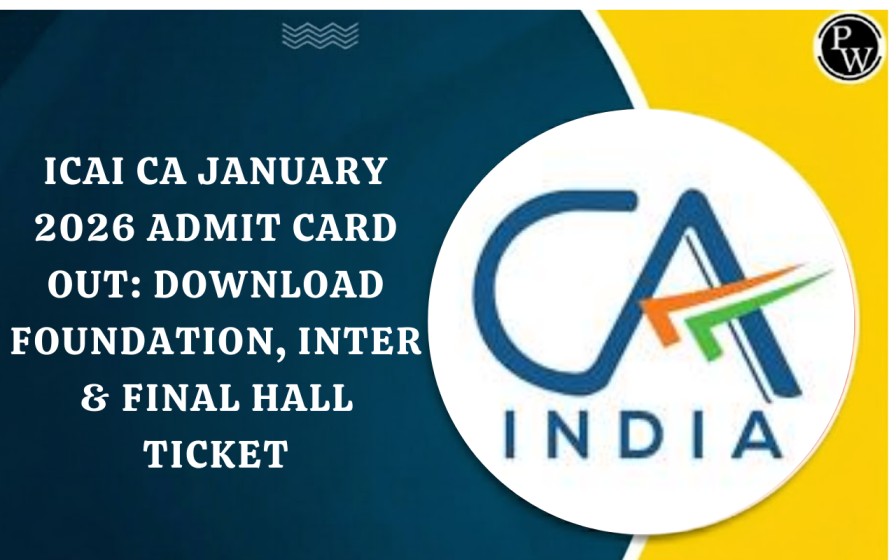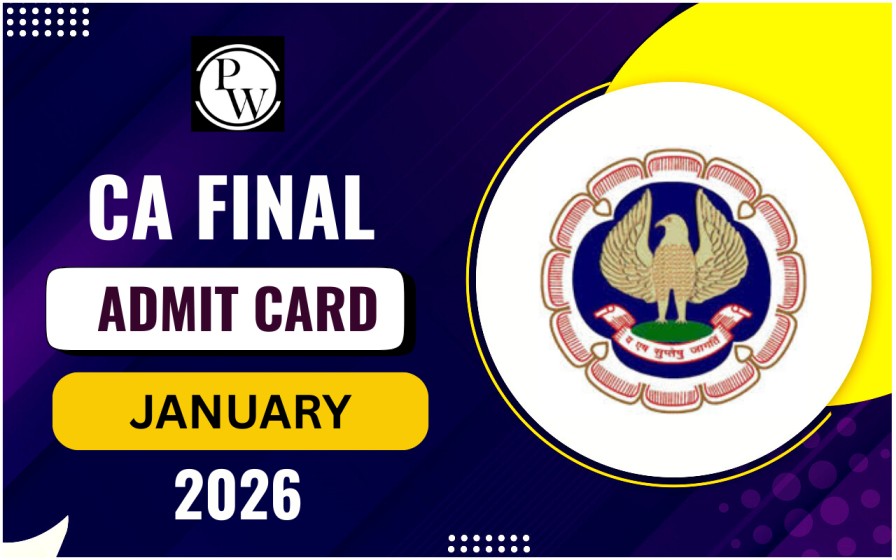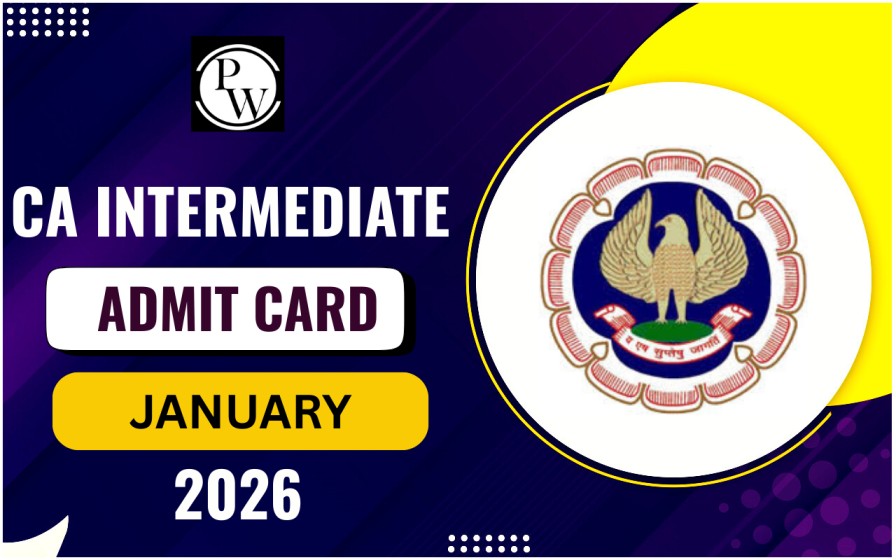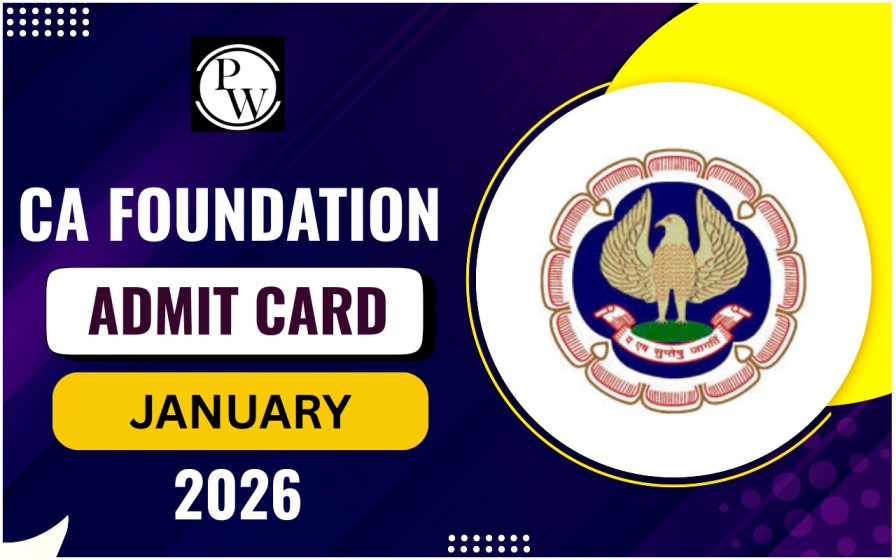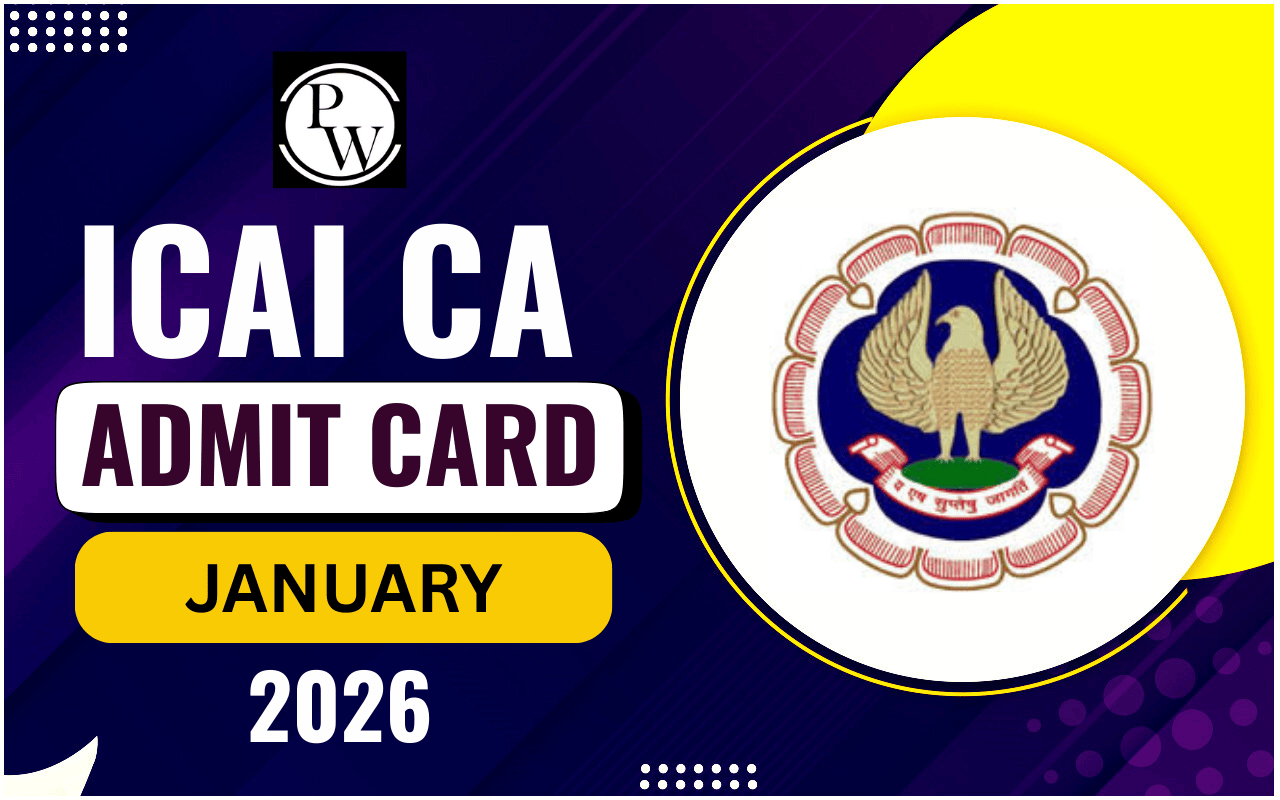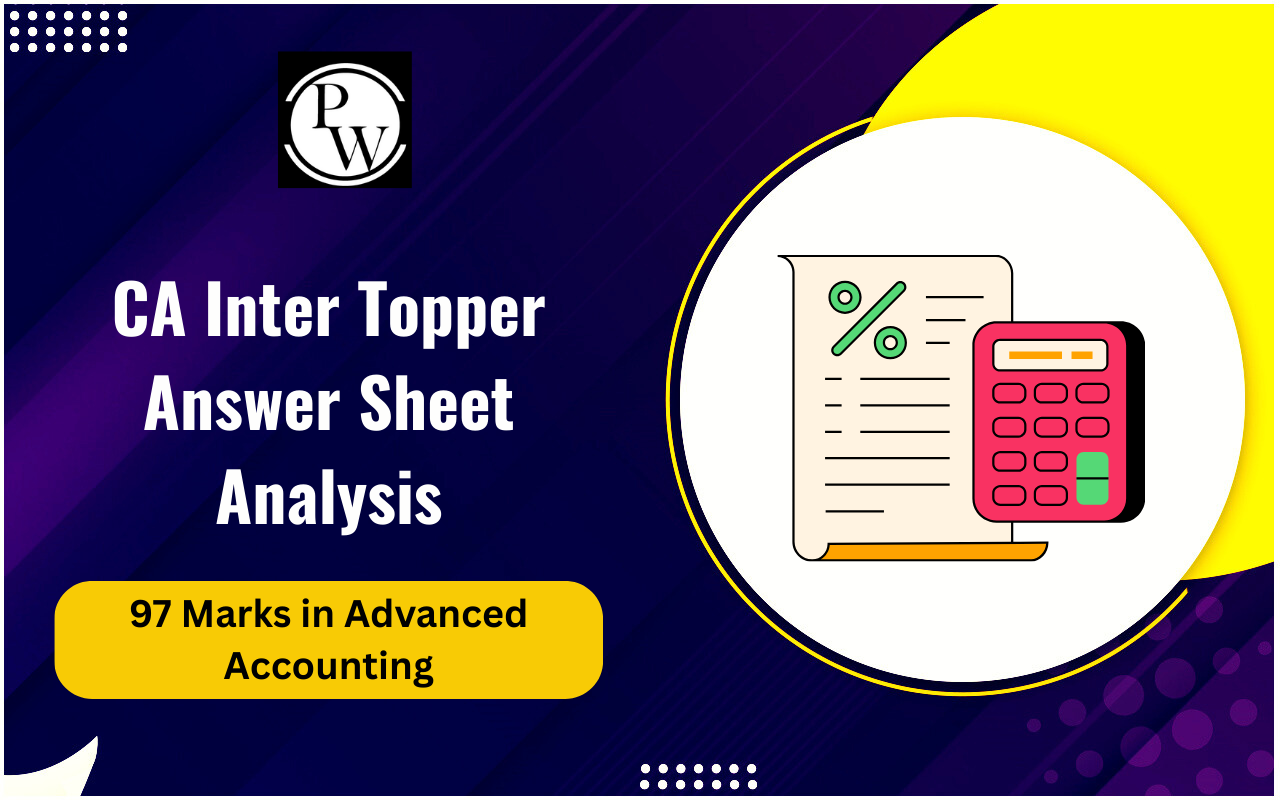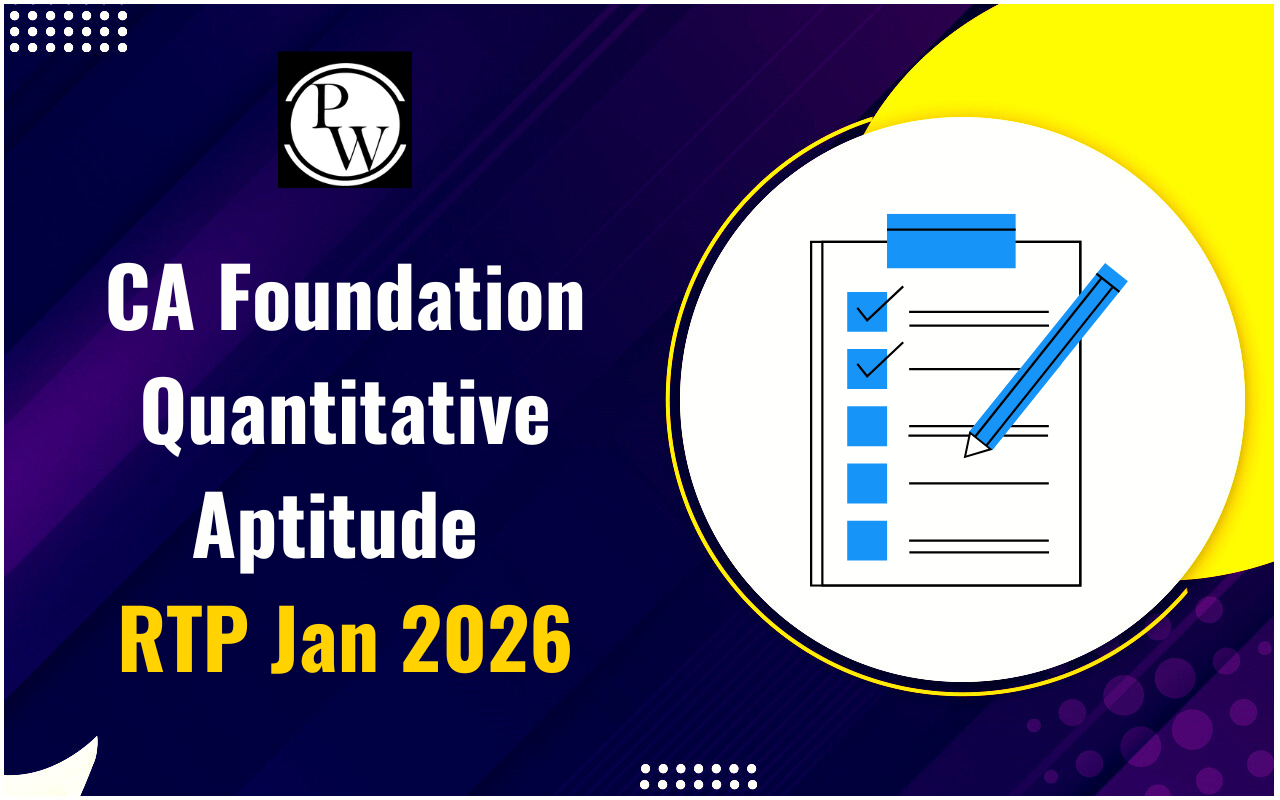
Job costing and contract costing are two important accounting methods used to monitor and control costs in project-based businesses. These methods fall under cost accounting and are tailored to suit different types of projects.
Job costing is best suited for short-term, small-scale projects, often used in manufacturing or service industries where each job or batch is unique. On the other hand, contract costing is intended for large, long-term projects, commonly found in the construction and civil engineering sectors, where a single project can last for an extended period. For instance, a furniture manufacturer using job costing would track the expenses of producing a specific batch of chairs, focusing on materials, labor, and overheads. Conversely, a construction company applying contract costing would oversee the costs of building an apartment complex over several months or years, accounting for materials, labor, significant overheads, and subcontracted work. Read this article to know more about difference between Job Costing and Contract Costing for CA Exams .What is Job Costing?
Job costing is a method used in accounting to track the costs linked to a specific job or project. This system is especially useful for businesses that handle custom or individual orders, as each job involves unique costs such as materials, labor, and overhead. By assigning these costs to each job, job costing allows businesses to accurately calculate production costs, which helps set prices and analyse the financial performance of those jobs.What is Contract Costing?
Contract costing is a specialized accounting method designed for managing large, long-term projects, such as those in construction or civil engineering. This approach involves accumulating and tracking costs throughout the entire duration of a contract, which often lasts for an extended period. By using contract costing, businesses can meticulously monitor both direct and indirect costs. This method is crucial for maintaining effective budget management and financial control over large projects that span multiple accounting periods.Also Check: Difference Between Accounting and Economic Profit
Difference Between Job and Contract Costing
Check the table below comparing Job Costing and Contract Costing:| Difference Between Job and Contract Costing | ||
|---|---|---|
| Aspect | Job Costing | Contract Costing |
| Scope | Ideal for small-scale, short-term projects. | Used for large-scale, long-term projects, often lasting several years. |
| Industries | Common in manufacturing, services, and small-scale construction. | Predominantly found in construction and civil engineering sectors. |
| Duration | Projects are usually completed within a financial year. | Projects often extend beyond a single financial year. |
| Cost Allocation | Costs are assigned to individual jobs or batches. | Costs are tracked across the entire contract. |
| Revenue Recognition | Revenue is recognized when each job or batch is completed. | Revenue is typically recognized progressively, according to the percentage of project completion. |
| Examples | Manufacturing a batch of furniture, small repair jobs. | Building construction, bridge or highway projects. |
| Cost Elements | Involves direct labor, direct materials, and overhead costs. | Includes direct labor, materials, extensive overheads, subcontractor fees, and site costs. |
| Billing | Billing usually occurs upon job completion. | Billing can be periodic, based on contract terms or project milestones. |
| Cost Fluctuations | Less prone to cost fluctuations due to shorter project duration. | More vulnerable to cost fluctuations and environmental factors because of longer project timelines. |
| Profit Recognition | Profit is recognized upon the completion of each job. | Profit is recognized based on the completion stage, often requiring work-in-progress assessments. |
Job Costing and Contract Costing FAQs
What is job costing used for?
Job costing tracks costs for short-term, individual projects or batches, ideal for industries like manufacturing or services.
How does contract costing differ from job costing?
Contract costing is used for large, long-term projects, such as construction, tracking costs over the entire contract duration.
Which industries commonly use job costing?
Job costing is common in manufacturing, service industries, and small-scale construction projects.
When is revenue recognized in job costing?
Revenue in job costing is recognized upon the completion of each job or batch.
How are costs tracked in contract costing?
In contract costing, costs are tracked across the entire project duration, including direct expenses and overheads.
🔥 Trending Blogs
Talk to a counsellorHave doubts? Our support team will be happy to assist you!

Check out these Related Articles
Free Learning Resources
PW Books
Notes (Class 10-12)
PW Study Materials
Notes (Class 6-9)
Ncert Solutions
Govt Exams
Class 6th to 12th Online Courses
Govt Job Exams Courses
UPSC Coaching
Defence Exam Coaching
Gate Exam Coaching
Other Exams
Know about Physics Wallah
Physics Wallah is an Indian edtech platform that provides accessible & comprehensive learning experiences to students from Class 6th to postgraduate level. We also provide extensive NCERT solutions, sample paper, NEET, JEE Mains, BITSAT previous year papers & more such resources to students. Physics Wallah also caters to over 3.5 million registered students and over 78 lakh+ Youtube subscribers with 4.8 rating on its app.
We Stand Out because
We provide students with intensive courses with India’s qualified & experienced faculties & mentors. PW strives to make the learning experience comprehensive and accessible for students of all sections of society. We believe in empowering every single student who couldn't dream of a good career in engineering and medical field earlier.
Our Key Focus Areas
Physics Wallah's main focus is to make the learning experience as economical as possible for all students. With our affordable courses like Lakshya, Udaan and Arjuna and many others, we have been able to provide a platform for lakhs of aspirants. From providing Chemistry, Maths, Physics formula to giving e-books of eminent authors like RD Sharma, RS Aggarwal and Lakhmir Singh, PW focuses on every single student's need for preparation.
What Makes Us Different
Physics Wallah strives to develop a comprehensive pedagogical structure for students, where they get a state-of-the-art learning experience with study material and resources. Apart from catering students preparing for JEE Mains and NEET, PW also provides study material for each state board like Uttar Pradesh, Bihar, and others
Copyright © 2025 Physicswallah Limited All rights reserved.
Get App
